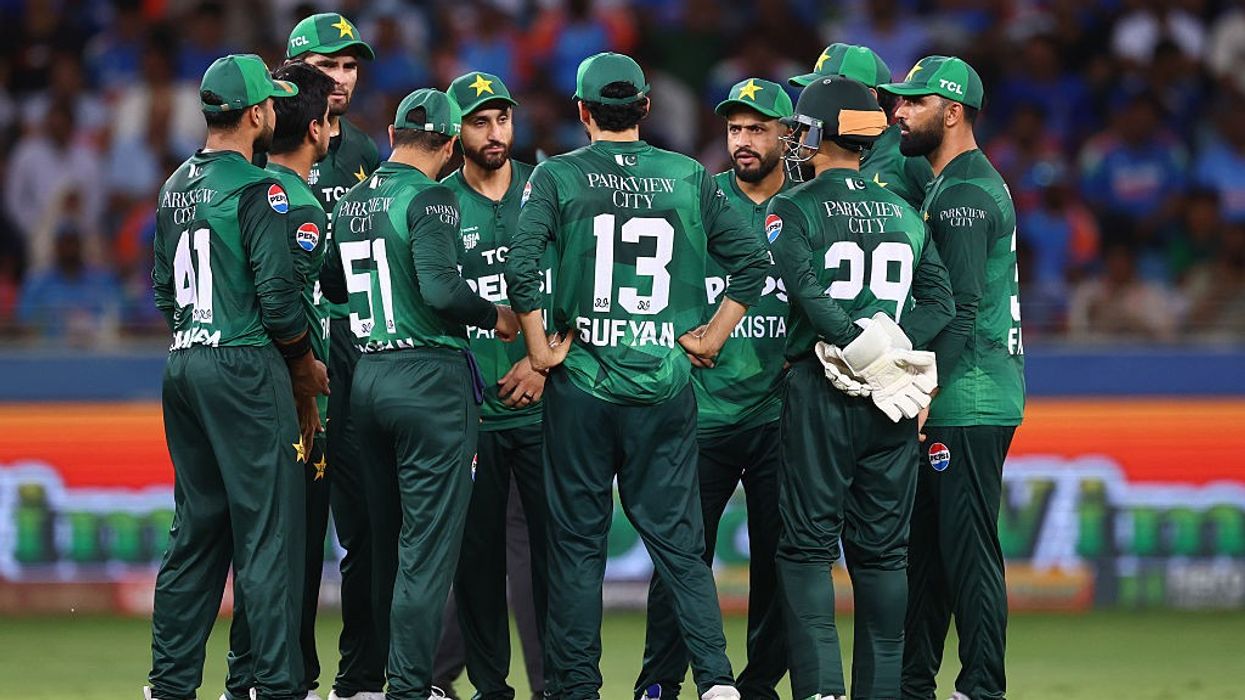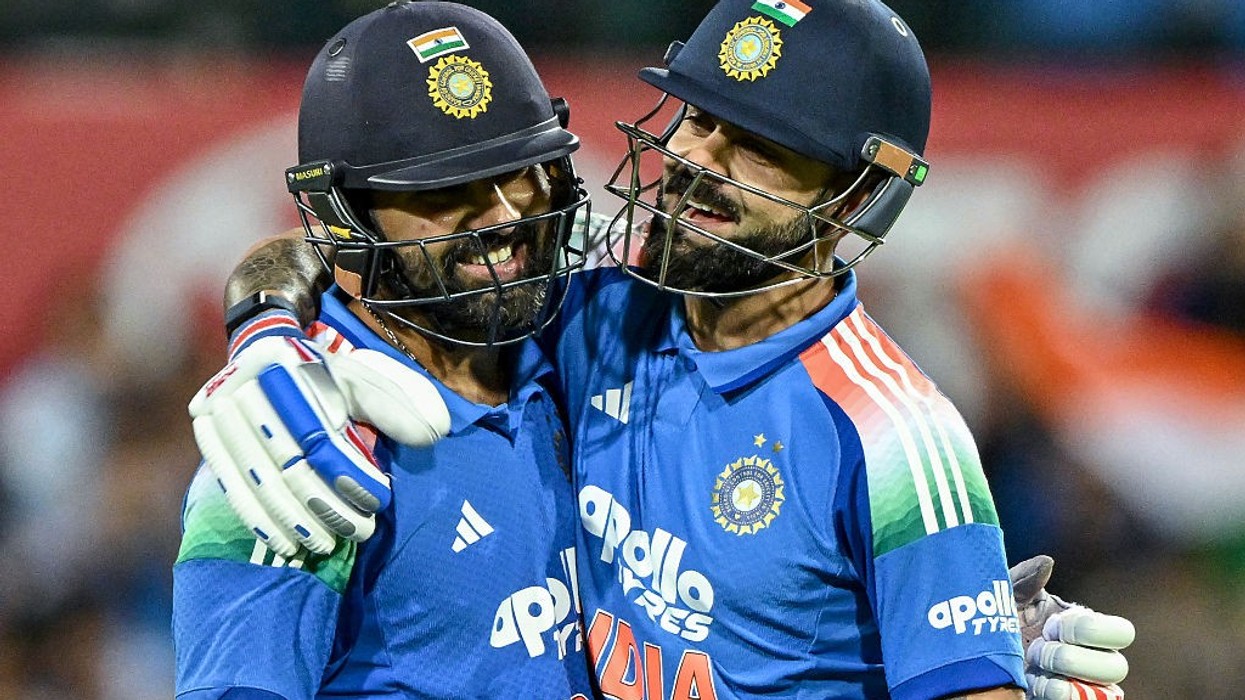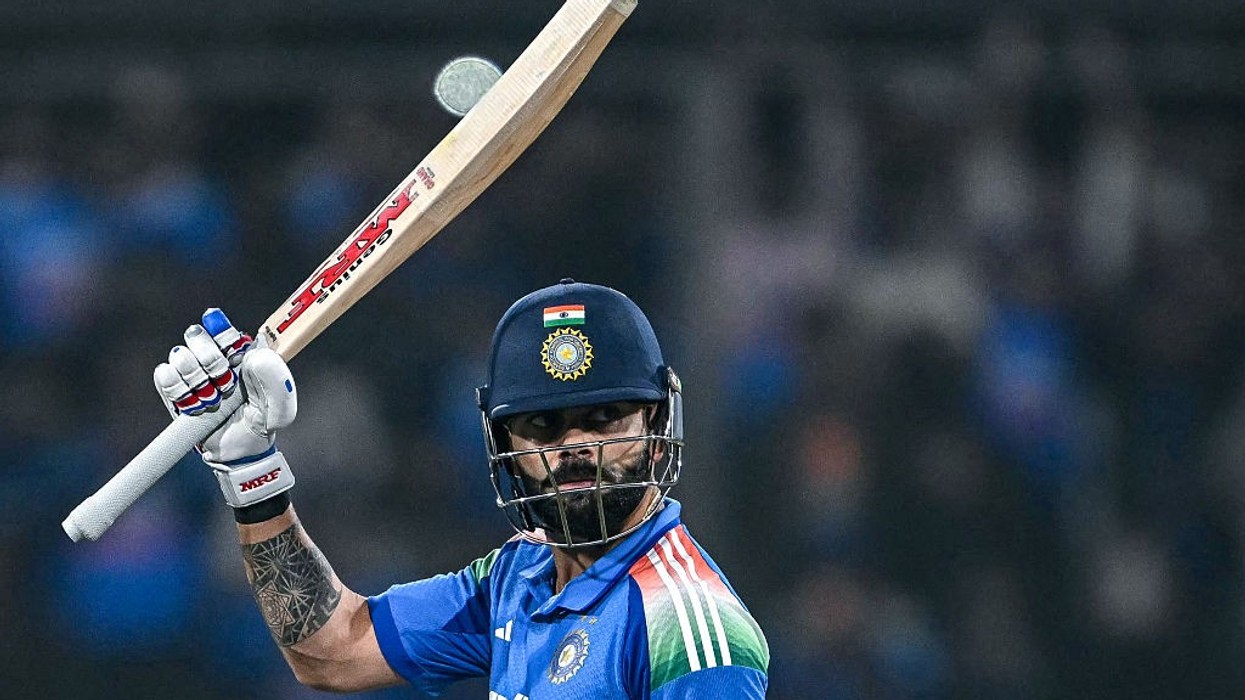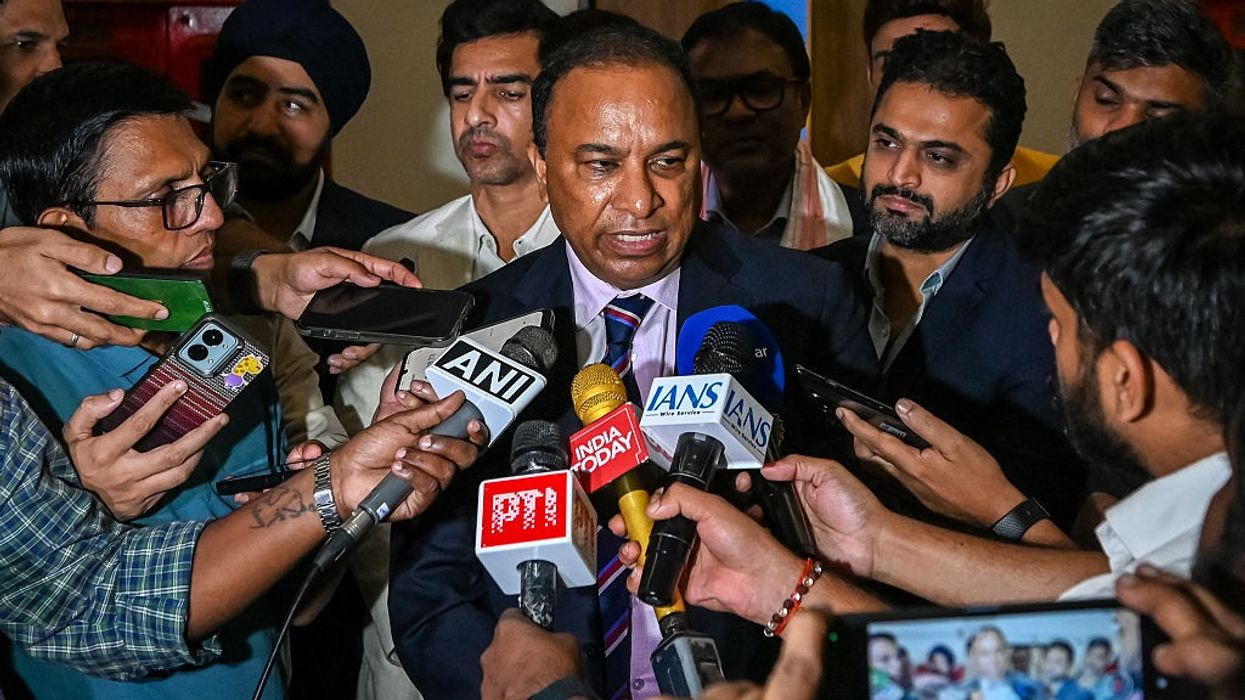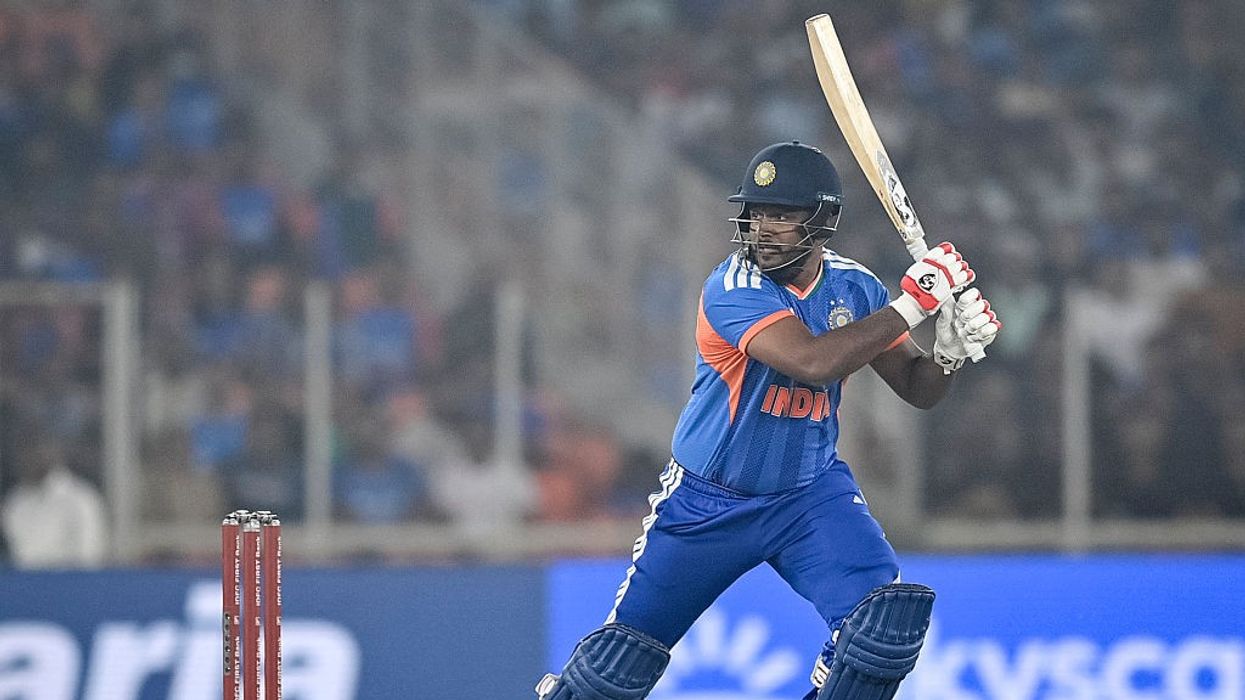Highlights:
The much-anticipated Asia Cup 2025 group match between Pakistan and the United Arab Emirates (UAE) finally commenced in Dubai on September 17 after a one-hour delay. The delay was caused by Pakistan’s protest against the International Cricket Council’s (ICC) refusal to remove Andy Pycroft as the match referee. Pakistan was asked to bat first, with UAE captain Muhammad Waseem winning the toss and electing to bowl.
India shows Op Sindoor solidarity
The controversy erupted following Pakistan’s match against India on September 14, where Indian players, led by captain Suryakumar Yadav, refused to shake hands with the Pakistani team. This gesture was made in solidarity with victims of the recent terror attack in Pahalgam, which India blamed on Pakistan-based terrorists. Pakistan’s captain, Salman Ali Agha, also boycotted the post-match presentation ceremony.
Pakistan’s cricket board (PCB) accused match referee Andy Pycroft of bias, alleging he advised Salman Ali Agha not to shake hands with Yadav and interfered by preventing the customary exchange of team sheets. The PCB described Pycroft’s actions as misconduct that violated Article 2 of the ICC Code of Conduct for Match Officials, which emphasizes respect and the spirit of the game. Pakistan demanded Pycroft’s removal, but the ICC rejected the request.
Due to the protest, Pakistan’s players initially stayed at their hotel, causing uncertainty about whether the match against UAE would take place. The Pakistan Cricket Board chairman Mohsin Naqvi instructed the team to proceed to the stadium after behind-the-scenes negotiations. The match started late, pushing back the original 8:00 PM IST start to 9:00 PM IST.
The boycott threat put Pakistan at risk of losing up to $16 million in revenue and potential disciplinary action. The move sparked criticism both domestically and internationally, with debates on sportsmanship, political interference in sports, and governance.
Official statements and ongoing tensions
The PCB issued a formal letter to the ICC stating Pycroft’s conduct undermined respect between teams and harmed the reputation of cricket. The ICC confirmed it was willing to investigate the code of conduct violation. Meanwhile, India's captain defended the decision, stressing solidarity with victims and support for the Indian armed forces’ subsequent military operations.
Pakistan’s situation remains precarious, and the controversy underscores the challenges of managing political disputes within international sports. The match against UAE was a crucial knockout for Pakistan’s path to the Asia Cup Super Four, intensifying pressure on the team to focus on cricket amidst off-field distractions.
